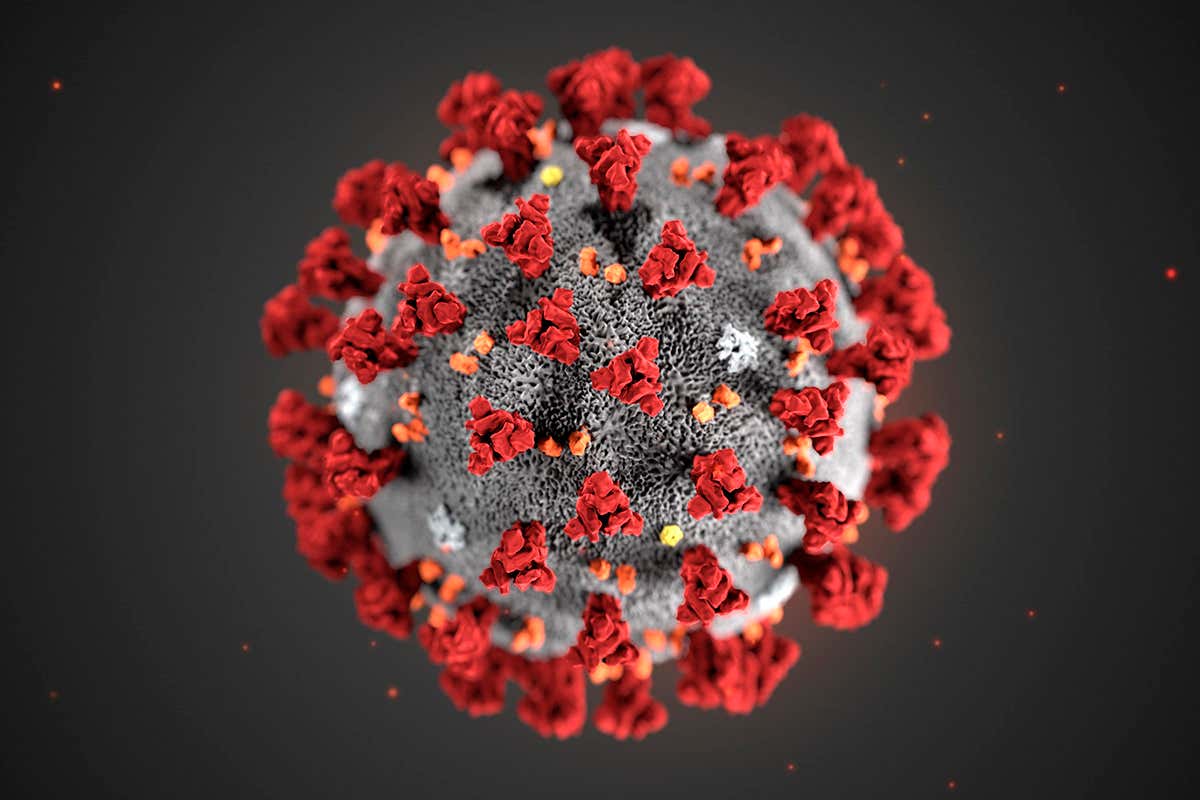From 2017, Nigerian aviation has recorded steady growth in passenger volume, with the International Air Transport Association (IATA) projecting further growth for the industry.
In 2018, the passenger traffic rose by five per cent, according to the Nigeria Civil Aviation Authority (NCAA).
- COVID-19 responsible for aviation airfare increase – NCAA
- COVID-19: Obaseki reactivates isolation, treatment centres
Also, the January 2019 figures released by IATA showed traffic revenue passenger kilometres (RPKs) rose 6.5 per cent compared to January 2018.
That was the fastest growth in six months as the January capacity (available seat kilometres or ASKs) rose 6.4%, and load factor inched up 0.1 percentage point to 79.6%, as IATA figures indicated.
Stakeholders had appraised the steady growth which was projected to continue in the year 2020 with more improved passenger volume.
But the 2020 projection has been punctured by the COVID-19 pandemic which hit the world late 2019 beginning from China.
Before the coronavirus, the industry contributed at least $1.7 billion and created 341,000 direct jobs to the country’s Gross Domestic Product (GDP) but these gains have been reversed by the pandemic.
At a point, almost all international flights from Murtala Muhammed International Airport (MMIA) Lagos, the busiest airport in Nigeria and Nnamdi Azikiwe International Airport, Abuja, were diverted as passengers were stranded amidst outcry over non-calibration of the Instrument Landing System (ILS) Category Three (III) that would have aided aircraft landing under extreme weather condition.
As the harmattan season subsided and the industry began to take shape, the issue of COVID-19 crept in, leaving stakeholders in limbo from February 27 when the index case was reported in Nigeria. By March, airlines were scaling down operations. Air Peace, the largest airline in the country, suspended its Dubai flight on March 26.
By April, the industry was already shut with aircraft grounded. The Airline Operators of Nigeria (AON), the body representing domestic airlines, said it lost N360bn to flight suspension.
The industry remained shut throughout April, May and June as airlines were not operating except evacuation flights which were organised during the period.
On July 7, domestic operations resumed with Lagos and Abuja airports while other airports were reopened gradually. The airports were reopened with strict observance of COVID-19 protocols on compulsory wearing of face masks, hand washing and use of sanitiser.
While airlines are still struggling to bounce back, the #EndSARS protest in October further crippled their operations for days when a curfew was imposed in Lagos State after the protest turned bloody and destructive.
Also in October, the federal government announced an N5 billion bailout for airlines and other allied service providers but up to the time of filing this report, the bailout is still being awaited.
However, despite the 2020 challenges, airlines were still able to increase frequencies and open new routes while Air Peace, for instance on December 16, launched direct flight to Johannesburg, South-Africa.
Stakeholders say 2021 would be bullish with the discovery of the COVID-19 vaccine though full recovery may not be immediate.
Mr. Olumide Ohunayo, a member of the Aviation Roundtable, said the second wave of the COVID-19 could reverse the gains made in the recent past. He said the foreign exchange crisis also became a thorn in airline operations.
“The industry has to recover and in recovering, we expect that a special window for foreign exchange is opened. We expect the palliative for the industry, not just the airlines, and concentration must be given to scheduled operators with all the documentation for those that have shown passion in the past, when such money was given,” Ohunayo said.

 Join Daily Trust WhatsApp Community For Quick Access To News and Happenings Around You.
Join Daily Trust WhatsApp Community For Quick Access To News and Happenings Around You.


